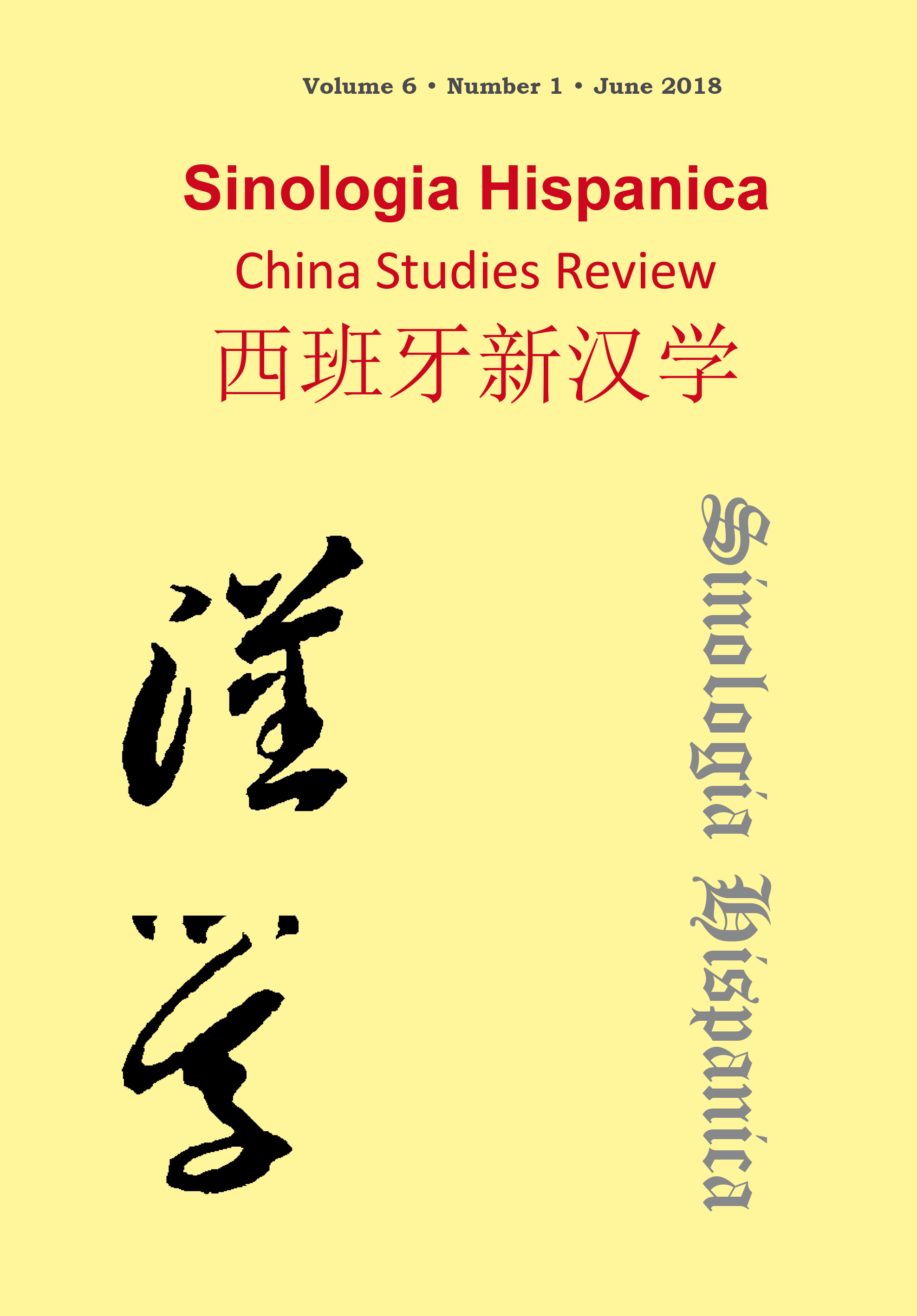Martín de Rada’s Book Collection
DOI:
https://doi.org/10.18002/sin.v6i1.5485Keywords:
Martín de Rada, Ming, Books, Maps,Agencies:
Departament of Humanities and HistoryAbstract
This article will explore the library of the most important of the 16th century Manila based Augustinians, fray Martin de Rada, a well known cosmographer, mathematician and astronomer. After spending more than five years in Mexico, and ten in the Philippines, in 1575 he was assigned to the first Spanish expedition to China and wrote a highly influential Relación about it. From his own letters —14 of them extant—, the letters of his contemporaries about Rada —from Manila, Mexico and Spain—, and the Relación of his fellow traveler to China, Miguel de Loarca, we are able to disentangle his main intellectual interests and the contents of his library: what he wrote —both in Mexico and Asia—, the significance of the scientific works that he took with him to Asia, the importance of the Chinese maps with which he worked while in Manila —before and after his travel to China—, what books he bought in China and what use did he make of them, and the last works in which he was working before his death. This gives Rada a strong intellectual profile that has to be compared with that of his contemporary, the Jesuit Matteo Ricci.
Downloads
Métricas alternativas
Downloads
Published
How to Cite
Issue
Section
License
Copyright (c) 2018 Dolors Folch

This work is licensed under a Creative Commons Attribution-NonCommercial-ShareAlike 4.0 International License.
Sinología Hispánica. China Studies Review considers all manuscripts on the strict condition that:
- The authors assign the exploitation rights (reproduction, distribution, public communication and transformation) of the work accepted for publication to the University of León on a non-exclusive basis. Authors can establish, on their own, additional agreements for the non-exclusive distribution of the version of the work published in the journal (for example, placing it in an institutional repository or publishing it in a book), always acknowledging the initial publication. in this magazine.
- The manuscript is your own original work and does not duplicate any other previously published work, including your own previously published work.
- The manuscript is not currently under consideration or peer review, nor accepted for publication, nor in press, nor published elsewhere.
- The manuscript contains nothing that is abusive, defamatory, libellous, obscene, fraudulent, or illegal.
- Please note that Sinologia Hispanica uses Turnitin software to screen manuscripts for unoriginal material. By submitting your manuscript to Sinologia Hispanica you are agreeing to any necessary originality checks your manuscript may have to undergo during the peer-review and production processes. Any author who fails to adhere to the above conditions will be rejected.
- Authors are allowed and encouraged to electronically disseminate the pre-printed versions (version before being evaluated) and / or post-printing (version evaluated and accepted for publication) of their works before publication, since it favors their circulation and dissemination more early and with it, a possible increase in its citation and reach among the academic community.
Sinologia Hispanica is under an international license Creative Commons Attribution-Noncommercial-Share Alike 4.0. You can read more about this license in an informative version and legal text.










